I just came across an Op-Ed piece (The New York Times Sunday Opinion) by Alison Gopnik that I had saved from August titled, “Your Baby Is Smarter Than You Think.” As I reread it, I smiled. There are some really good points and those points reminded me of something we often lose as we race off into the business world — the importance of play. Ms. Gopnik pointed out the following:
- Babies are captivated by the most unexpected events.
- Adults focus on objects that will be most useful to them.
- In their study, 4-year-olds imagined new possibilities based on just a little data. Adults rely more on what they already know.
- Focus and planning get you to your goal more quickly but may also lock in what you already know, closing you off to alternative possibilities. We need both blue-sky speculation and hard-nosed planning.
- Babies and young children are designed to explore, and they should be encouraged to do so.
How cool would it be if we allowed ourselves to imagine new possibilities… if we were encouraged to explore… if it were something our bosses would embrace and our work environment would enable?
Circling back to the Op-Ed pieces, Ms. Gopnik went on to explain how the brain works and the differences between baby brains and adult brains:
Baby brains have many more neural connections than adult brains. But they are much less efficient. Over time, we prune away the connections we don’t use, and the remaining ones become faster and more automatic. Moreover, the prefrontal cortex, the part of the brain that controls the directed, planned, focused kind of intelligence, is exceptionally late to mature, and may not take its final shape until our early 20s.
The piece closes with this statement:
“Parents and other caregivers teach young children by paying attention and interacting with them naturally and, most of all, by just allowing them to play.”
Think about that for a moment. Why is this just limited to babies and young children?
We all can benefit from this… especially being allowed to play.
One of the books on my reading list is “Play” by Dr. Stuart Brown and Christopher Vaughan
Play: How It Shapes the Brain, Opens the Imagination, and Invigorates the Soul
It is described as “a groundbreaking book on the science of play, and its essential role in fueling our intelligence and happiness throughout our lives.” Backed by the latest research, Play explains why play is essential to our social skills, adaptability, intelligence, creativity, ability to problem solve, and more. Play is hardwired into our brains-it is the mechanism by which we become resilient, smart, and adaptable people.
This is something I believe intuitively.
There was an article in USA Today which delved into Dr. Brown’s thinking on play.
To start, it hit upon the need to find time to play or else … you will face “a life of rigidity, lacking in creativity. A life without joy, minus sustained pleasure. The opposite of play isn’t work, he adds, but depression.”
Dr. Brown was especially worried that many adults are not finding time to play now as the economy forces them to work harder in offices with smaller staffs, then head home to help with chores and rest before starting it all over again.
“If we’re going to adapt to changing economic and personal circumstances the way that nature armed us to do, then we have to find ourselves having some play time virtually every day,” Brown says.
Don’t allow yourself to get hung up on what constitutes play. To start, Dr. Brown says that play is a state of mind and every day, there are opportunities to play. He defines play as “an absorbing, apparently purposeless activity that provides enjoyment and a suspension of self-consciousness and sense of time.”
This is SO true. In fact, I believe that one of the best uses of Google Calendar, Agendus, or whatever time management program you prefer to use, is to schedule time to play.
How I do it. For example, I play when I wake up at 4:30 in the morning:Â I read and write in my journal until 6am. Then I run for an hour. By the time I hit my desk at 745am, I am amped and ready to go. In fact, that part is so ingrained, no calendar alarm is necessary.
The lunch “play” break is the one I schedule. Because I work from home, I do that around 2pm until 3:30pm. Playing is hitting the gym or hitting almostGolf balls in the park and some errands. By the time I get back to my desk, I am refreshed and ready to push until 7:30pm dinner break. There’s flex built in, but you get the idea. Physical and mental play is something that needs to be pursued proactively. And mental play is something you can work into your daily tasks too.
###
I found this clip from Dr. Brown’s appearance at the TED conference (Technology, Entertainment, Design) in 2008.
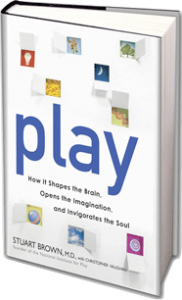


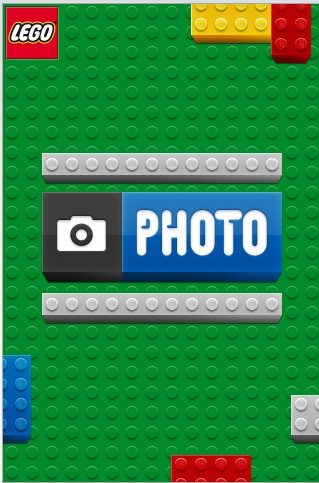

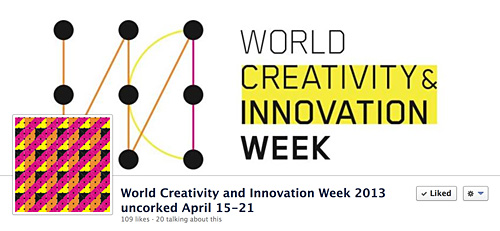
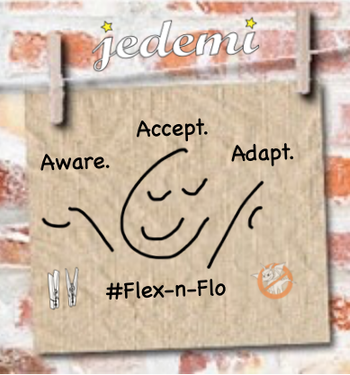

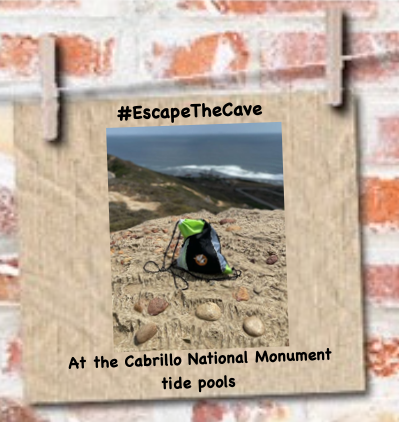


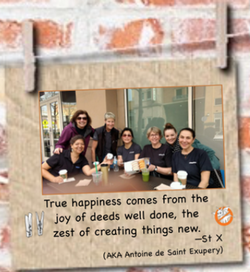






[…] to the concept of Play that I spoke about in an earlier post, it is interesting how the description of the app in the […]